Dell launches newly rebranded laptops at CES 2025 to replace storied XPS, Inspiron, and other product lines
The Dell XPS line is no more, but it and the rest of the Dell lineup live on in a 'simplified' portfolio
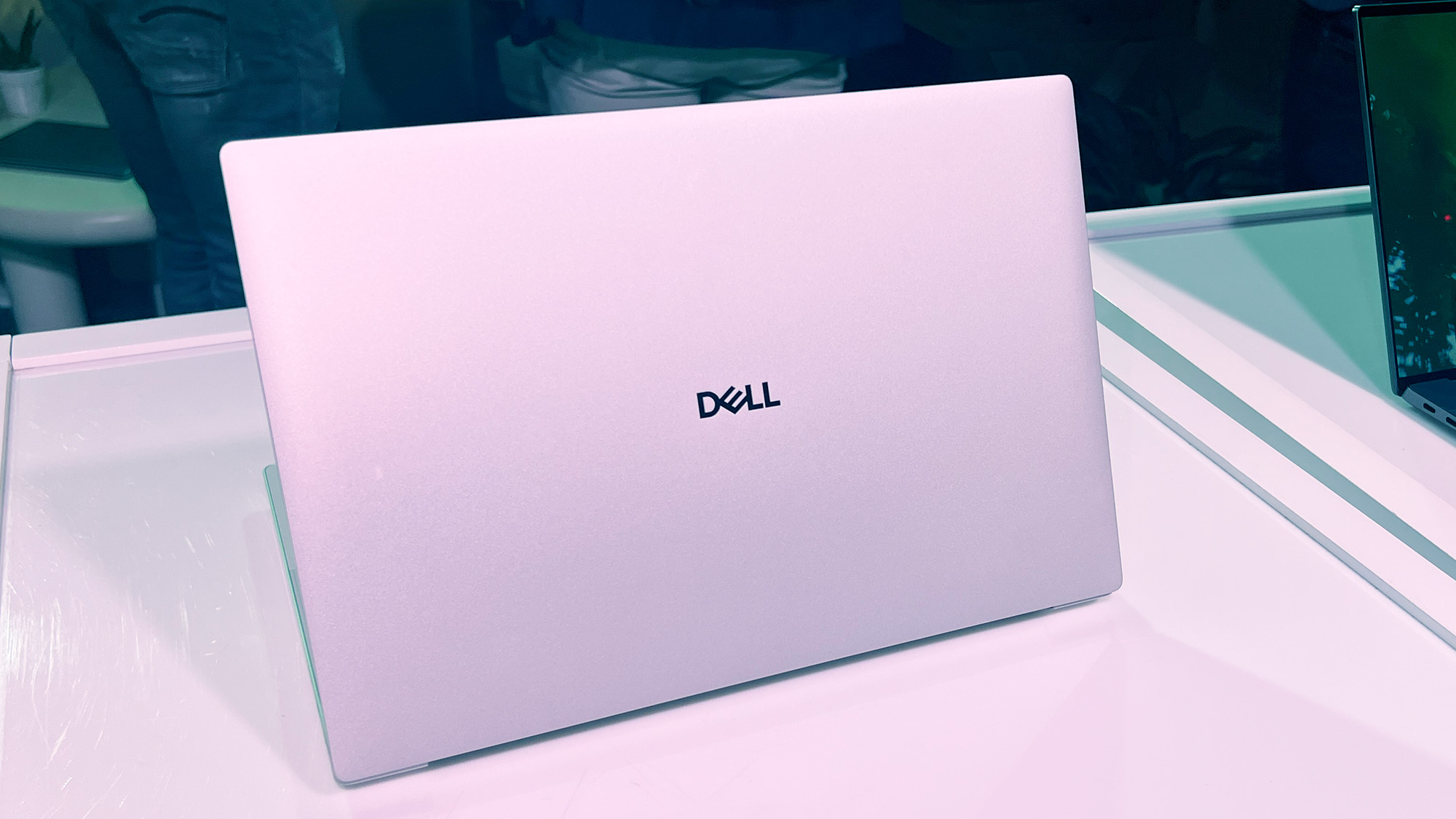
Dell jettisoned decades of product nomenclature this week at CES 2025 as it introduced a new portfolio of product lines: Dell, Dell Pro, and Dell Pro Max branded PCs and laptops.
According to Dell, the rebrand intends to simplify what had become a hodgepodge of product lines with sometimes inscrutable names that tell the average consumer very little about the computer's intended audience.
This includes the XPS, Inspiron, Latitude, and Precision product lines, all of which have very different intended audiences and it isn't exactly clear at first glance who they're meant to appeal to.
With the new Dell, Dell Pro, and Dell Pro Max lines, customers should be able to tell from a label at a local Best Buy or Currys whether the PC or laptop they're looking at is appropriate for their needs.
Beyond these 'base' names, you'll also have numbers for the size of a laptop, let's say, as well as additional Plus and Premium labels on top of that to signify where the products fall in terms of performance, quality, and price point.
So, for example, the Dell 14 Premium would be analogous to the previous-gen Dell XPS 14, while the Dell 16 2-in-1 would effectively replace the previous Dell Inspiron 16 2-in-1, while the Dell 14 Plus would replace the Dell Inspiron Plus 14.
The Pro and Pro Max products will cater more toward enterprise users, similar to how the Latitude and Precision laptops and workstations have done for much of Dell's existence. The Dell Pro fills the niche the Latitude previously occupied while the Dell Pro Max effectively replaces the Dell Precision lineup.
Sign up for breaking news, reviews, opinion, top tech deals, and more.
While the new naming scheme doesn't exactly 'simplify' the number of products offered, Dell hopes that the new nomenclature helps customers find the right computer for their needs without as much guesswork as its previous products sometimes required, and there's good reason to think that Dell might be right.
Taking a page from Apple, with a bit more clarity—and controversy
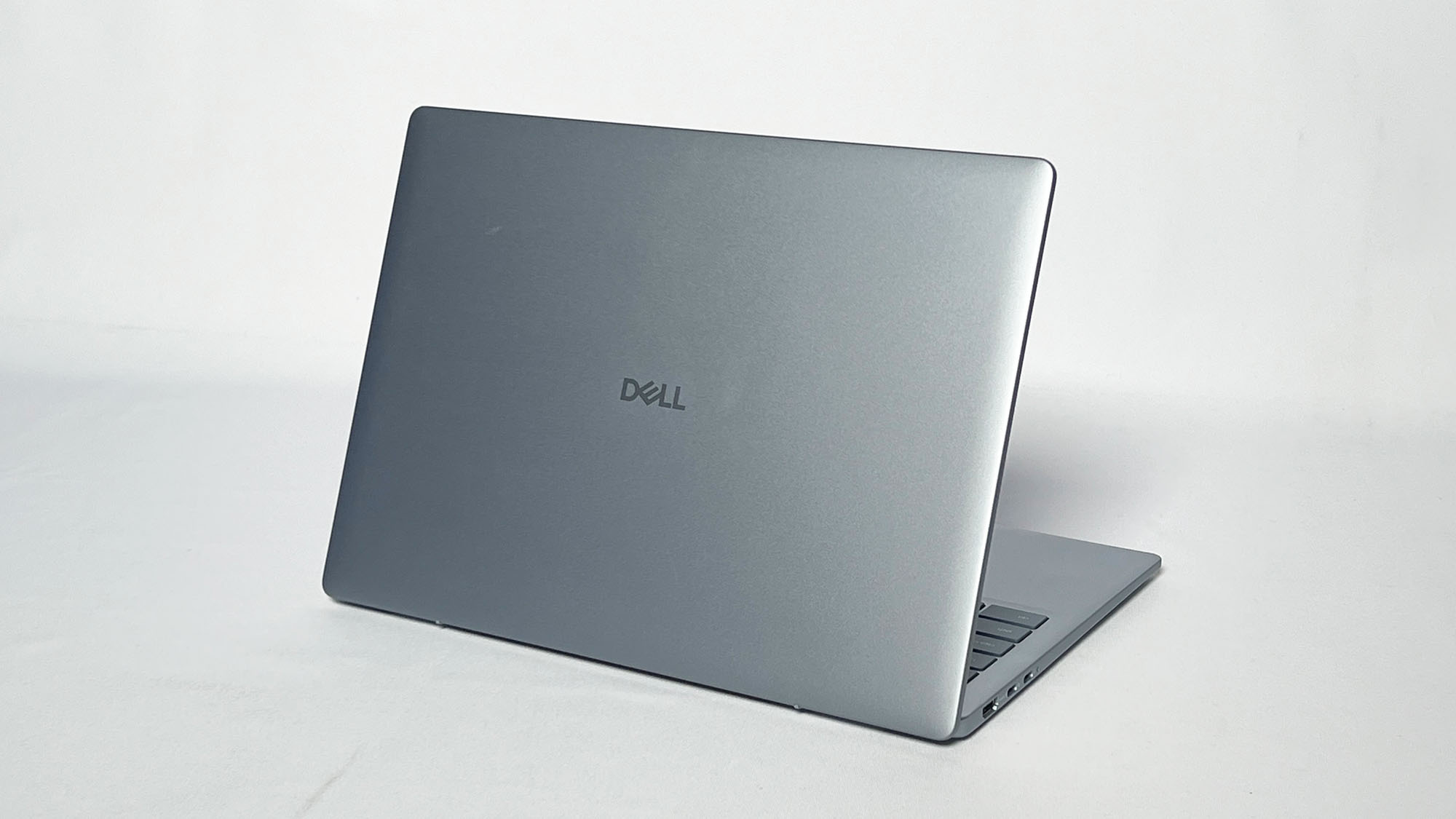
There's no way to sugarcoat this, but there are a lot of tech enthusiasts who are not going to like any of this, not one bit.
Some of these product lines, like the Dell XPS, have storied history behind them as well as some very devoted fans. The first Dell XPS PCs were launched way back in 1993 (the Dell Dimension XPS 466V), and have been a Dell mainstay ever since, with many users owning multiple Dell XPS products over the years.
The Dell Latitude line, meanwhile, has been a business mainstay for just over 30 years, while the first Inspiron laptops meant for mainstream users went on sale in the late 1990s.
Needless to say, leaving these iconic brandings behind isn't something any company would (or should) take lightly.
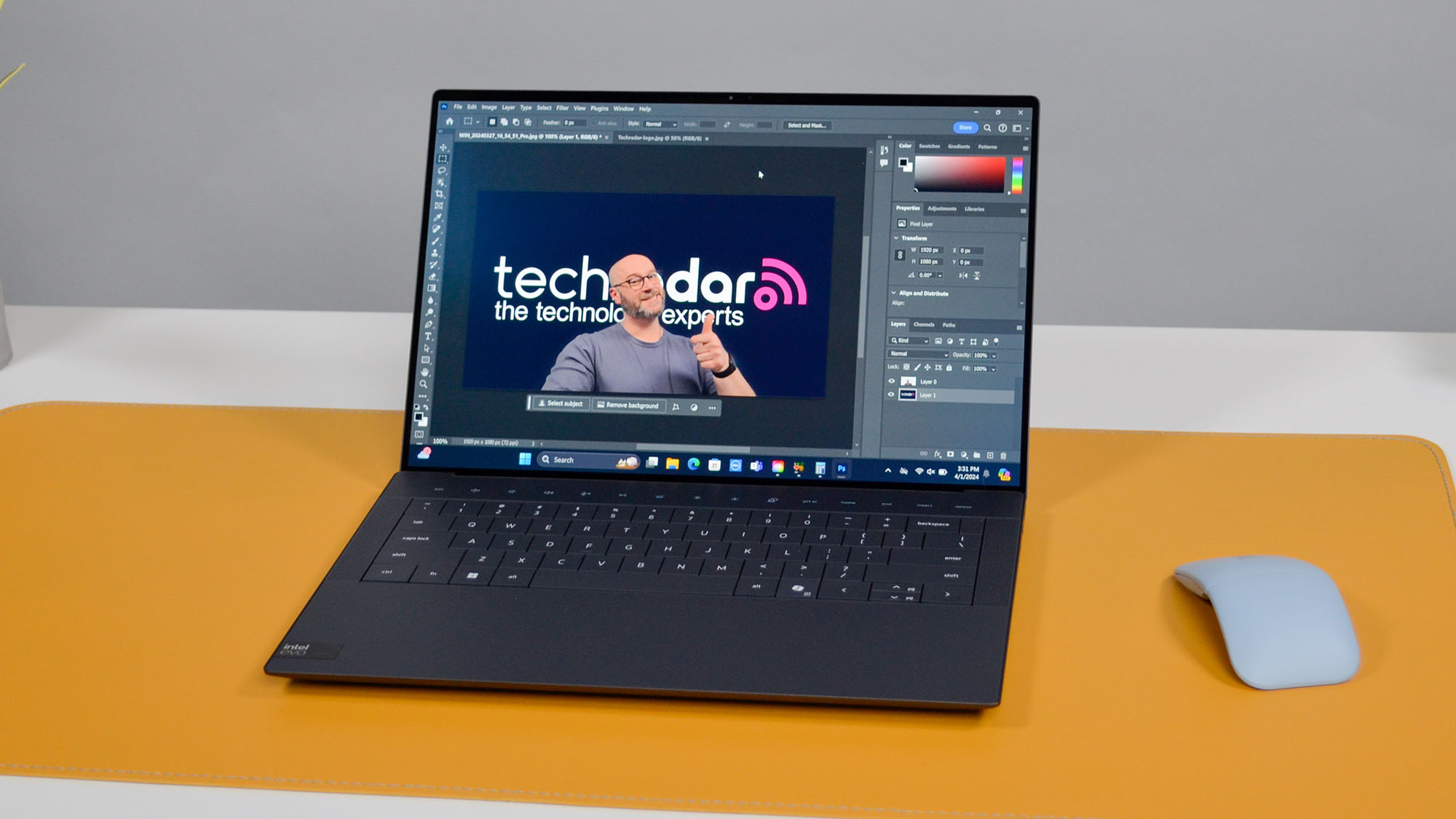
However, Dell's product portfolio is also showing its age, at least in marketing terms. When you look at a MacBook Pro 14-inch, you do kind of know what you're getting just from the name, and Dell is clearly taking a page from Apple in this instance (I mean, Pro and Pro Max? You can't really trademark these words, but the parallels can't be clearer to Apple's laptop line).
Things change. Once dominant brands rebrand themselves every generation or so (if not more frequently), so I'm not all that heartbroken about the end of the XPS name as some (like my boss, Matt Hanson) might be. And even though some might ridicule Dell's 'simplified' nomenclature which can become as unwieldy as a theoretical Dell Pro Max 14 Premium 2-in-1 (not confirmed, but possible under this new scheme, at least), Dell's new portfolio actually tells you more about the PC you're buying just in the name than a lot of other PC manufacturers.
Even Apple, known for its 'simple' product line hides a lot of complexity behind the product page, at least when it comes to what kind of PC you're actually getting. Getting a MacBook Pro 14-inch? Well, at least three different market segments are served by that one laptop, depending on what specs you choose (the M4, M4 Pro, and M4 Max cater to the power-casual users, prosumers, and true creative professionals, respectively, all in one laptop).
Sure, that kind of flexibility in a single product is in itself a selling point, but if you're buying a MacBook Pro 14-inch off the shelf, which one are you getting?
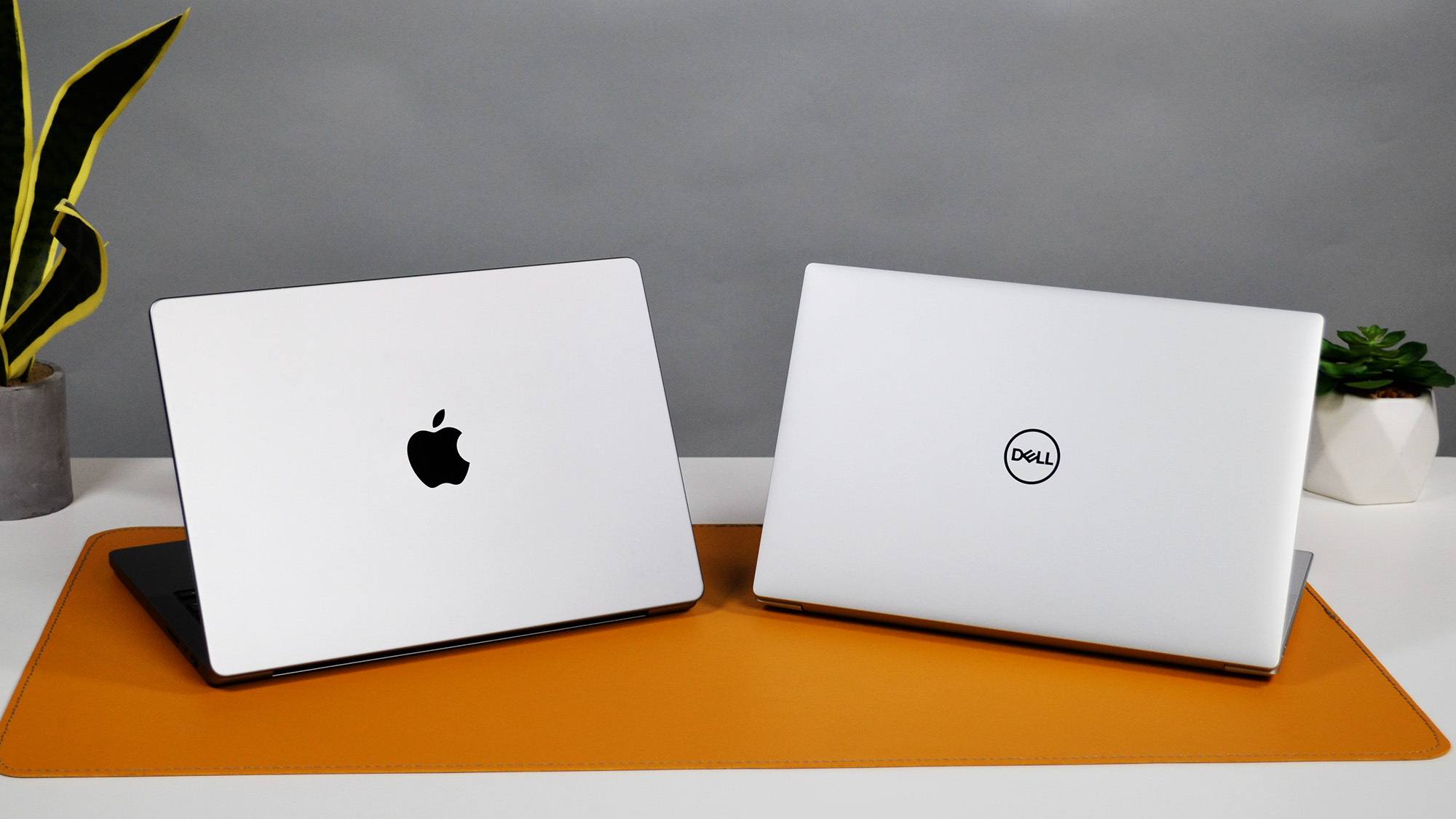
Are you getting it with an M4 chip or an M4 Max? How many CPU cores? How many GPU cores? Well, for that, you'll have to dig into the specs a bit, and two MacBook Pro 14-inch laptops could be wildly different in terms of performance, which might not be apparent at first glance.
With Dell's new nomenclature, you might get some potentially complicated product names, but those names might end up being more meaningful for the people who will ultimately buy them in a way that many other PC manufacturers' products simply are not.
I might know the difference between a Lenovo IdeaPad and a Lenovo ThinkPad; or an HP OmniBook, HP Envy, HP Pavilion, HP ZBook, and HP Spectre, but does the average customer? Probably not, and it might make a material difference in the price they pay and the experience they receive from their new computer.
Transparency is always a good thing for customers
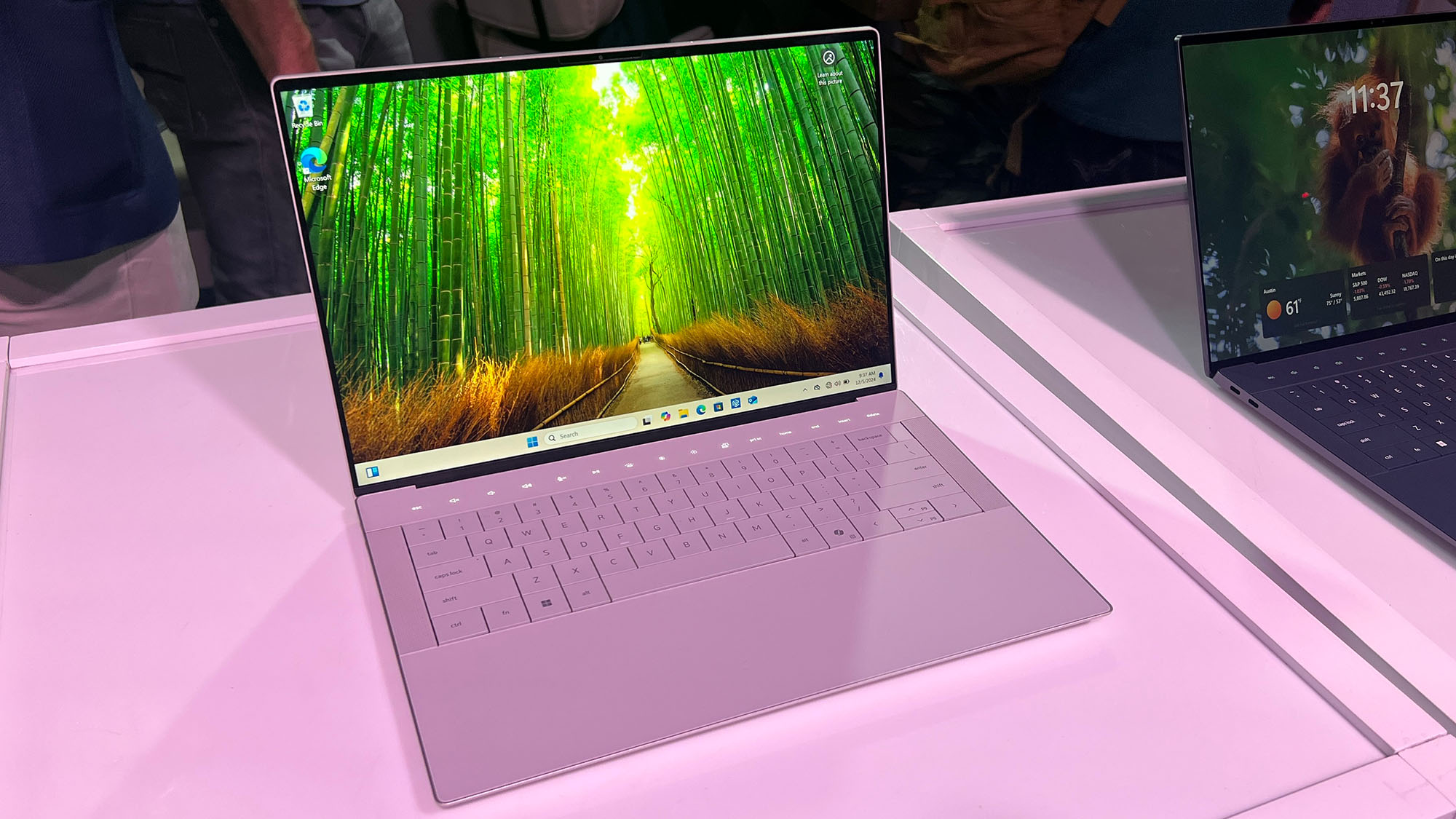
Of course, anyone who is buying a desktop PC or laptop needs to do the appropriate research on the various options in front of them and shouldn't rely solely on a product's name to tell them all they need to know to make an informed purchase. After all, only a fool buys a car because of its make, model, and color options. Computers are no different.
But there's value in knowing where to start, and quite frankly, if you have to ask someone who knows about computers if a particular make and model of laptop is right for a specific use case, you're already in a bad place as a consumer. Dell's new naming scheme, for all its faults, makes it easier for the average customer to find the computer that they need, so nothing else should really matter.
Dell's new product portfolio is bound to have critics and even full-on haters (I was one of them, initially), but it's quickly growing on me.
Product transparency for the customer is always a good thing, especially for highly technical products like computers. If it doesn't have the sexiest or most storied branding on the market, so be it.
You might also like...

John (He/Him) is the Components Editor here at TechRadar and he is also a programmer, gamer, activist, and Brooklyn College alum currently living in Brooklyn, NY.
Named by the CTA as a CES 2020 Media Trailblazer for his science and technology reporting, John specializes in all areas of computer science, including industry news, hardware reviews, PC gaming, as well as general science writing and the social impact of the tech industry.
You can find him online on Bluesky @johnloeffler.bsky.social